7 Cottagecore Bandana Styles That Are Super-Easy to Do

I want to show you some of my favorite ways to wear bandanas to achieve that cottagecore hair look! These cottagecore hairstyles I’ll be showing you are easy to do, and so are the bandana knots around your neck! Let’s start.
Tools and materials:
- Assorted bandanas
- Hair tie
- Straw hat
1. Bandana knot headband
The first way to wear a bandana is as a headband. This bandana knot headband is one of my favorite looks! Start by folding in the corner and continue all the way down until you have created a long strip.
When you’re done folding, put it underneath your hair and pull the ends up to the top of your head. Then, tie a simple knot.
Ensure it's not too tight or too loose; otherwise it will slip.
You’re all done! This bandana top knot headband is super easy and cute.
2. Babushka bandana style
I’ll be using my favorite silk bandana for this next look. I like to call it the “Babushka” look. Simply fold it in half and pull the long side over on your head.
Then, tie a simple bandana knot underneath your chin.
This is great if you’re driving in the car, as it prevents your hair from flying everywhere. It’s just so simple and easy to do.
3. Classic bandana look
The next cottage-core hairstyle is pretty similar to the last look. Pull the bandana over top and tie them to the back instead of tying the ends in front.
This is my favorite one for keeping the sun off the top of your head to prevent sunburns. I think it’s really cute and I love wearing it.
4. Boy Scout bandana look
The next look isn't really to do with hair; it's kind of a boy scout look, and you’ll need a larger bandana for this one. All you need to do is keep your bandana folded in a triangle and put it around your neck.
Then, tie a simple knot in front.
This is great to add to a plain t-shirt for a little more jazz!
5. Bandana as a necktie
This next one works best with a long and straight bandana. Simply fold it in half and tie it around your neck.
Take one end and pull it through the loop on the other side.
Once it’s through the loop, tie a simple knot through the other end.
That’s it! It looks complicated, but it’s actually super simple!
6. Bandana ponytail
I’ll use a silk bandana for this cottage-core hairstyle, but you can also use cotton. The first thing you do is put your hair up in a ponytail.
Once it’s up, tie your bandana around your ponytail, and that’s all you’ve got to do!
Tip: If you want, you can try this without an elastic, but I find it much easier with one.
This adds a little something unique to a simple ponytail look.
7. Bandana on a hat
This next one works with any straw hat. Take a bandana that matches your outfit and roll it into a spin strip.
Then, tie it on top of your straw hat with a simple bandana knot, and you’re all set! This works best on a hat that doesn’t have any decoration or hardware on it; it just adds a little something special for you!
Cottagecore bandana styles
I hope you enjoyed this tutorial on cottagecore bandana hairstyles. Let me know which was your favorite in the comments below. Thanks for joining!
Enjoyed the project?
Suggested materials:
- Assorted bandanas
- Hair tie
- Straw hat
The author may collect a small share of sales from the links on this page.
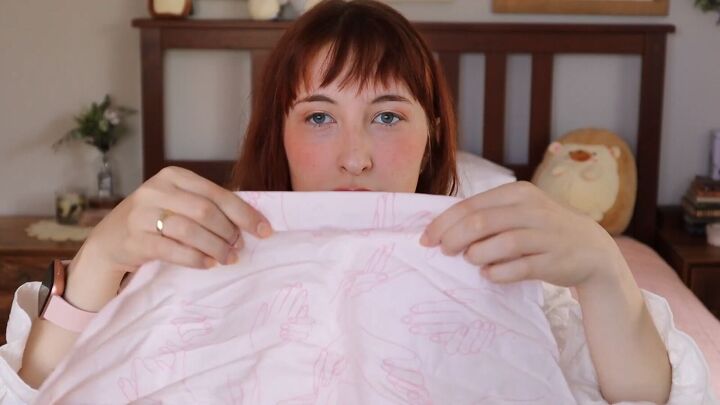
























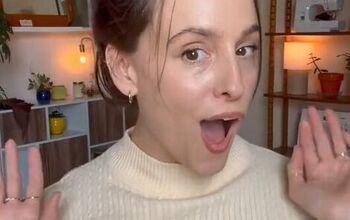
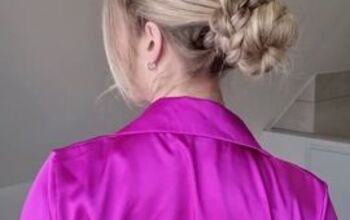
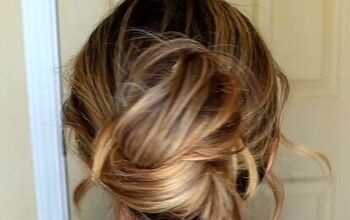
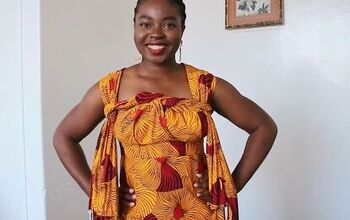
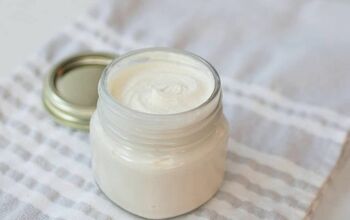
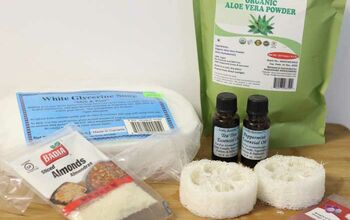
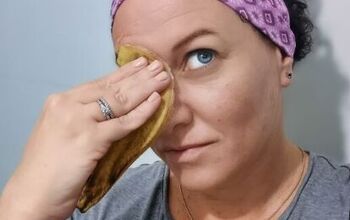
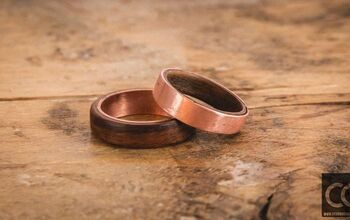
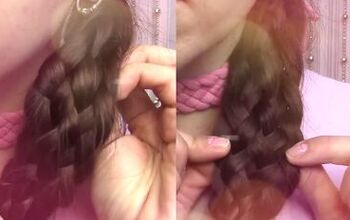
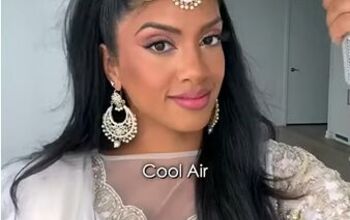

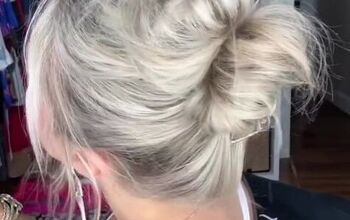

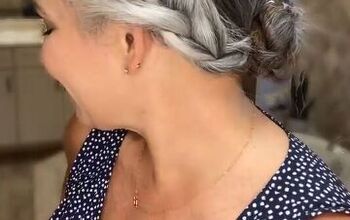
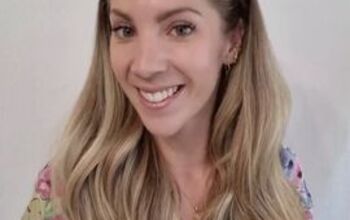
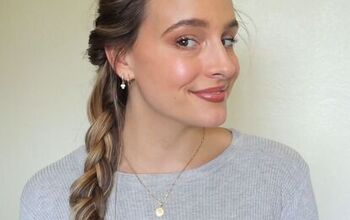
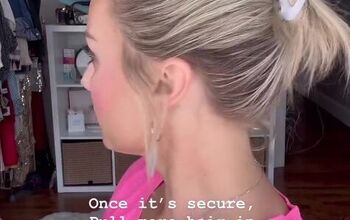
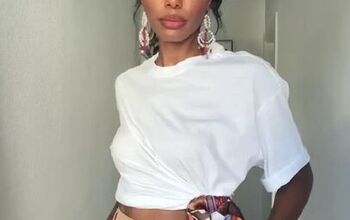
Comments
Join the conversation